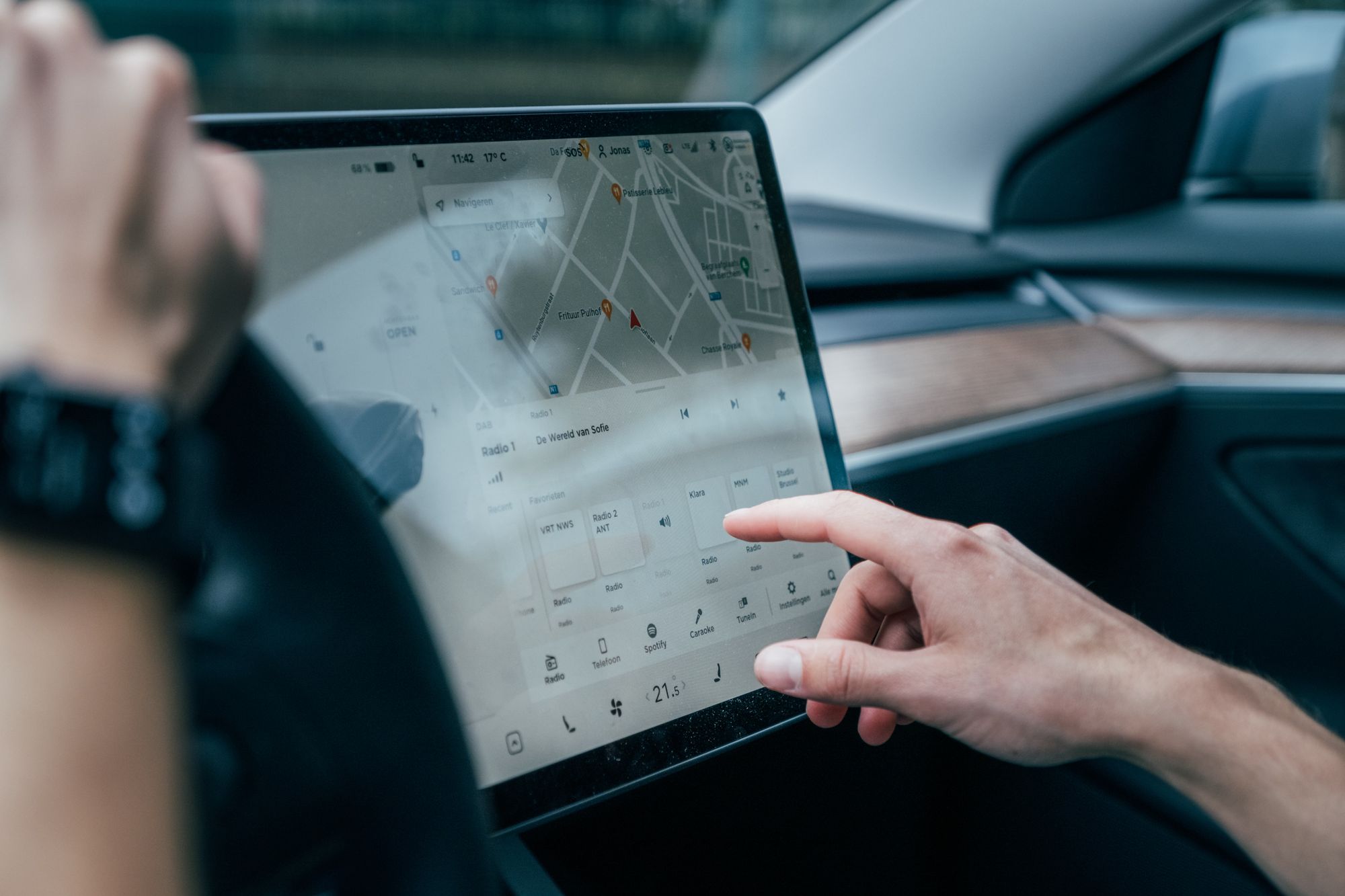Location Data RIP?, TikTok v. Google (Again), Creepy Connected Cars

The End of 'Location Intelligence'?
The era of precise mobile-location data, which spawned numerous "location intelligence" vendors (e.g., Foursquare) may be coming to a close. For the past decade these firms have become progressively more sophisticated about using data from app developers to build audience segments, capture competitive insights and track store visits – from a wide range of digital and traditional media. While the companies operating in this segment have staunchly defended their data collection practices, there's considerable unevenness in privacy compliance and transparency. Apple's App Tracking Transparency has cut way down on available device data and location is now center stage with regulators. The FTC has designated it a sensitive category and the FCC is looking at mobile carriers' commercial exploitation of location. Finally the American Data Privacy Act could require all marketing data collection to be opt-in – especially location.

Our take:
- To work properly many apps will still require precise location. However, they won't be able to sell data to third parties (that's the issue).
- Approximate or "fuzzy" location will probably become the default norm. There could be significant fallout for marketers and publishers.
- AI may be able to compensate for the loss of precise location for targeting. But offline attribution will be dead for most (save Google).
TikTok v. Google – Again
Many tech journalists can't stop writing about the revelation that Gen Z are using TikTok (and Instagram) instead of Google for search and discovery. As a refresher, two weeks ago, Google's Prabhakar Raghavan remarked at a conference that, "almost 40% of young people, when they’re looking for a place for lunch, they don’t go to Google Maps or Search ... They go to TikTok or Instagram." Mashable now offers some interesting anecdotal insights into why this might be. The three categories discussed are restaurants, recipes and travel. Restaurants: "You can immediately see what a restaurant looks like and see the person recommending it. It allows for maximum vibe reconnaissance." Recipes: "It's so much easier than searching a recipe on Google and scrolling through a long article." Travel: "[On Google] it's all random decentralized blogs ... It's harder to tell someone's credibility from an article than from a video because you can see the person."

Our take:
- Here's my favorite opinion in the article: "People are sick of the Google recipe algorithm that prioritizes obscure search engine optimized blogs."
- Three sentiments show up in the article: efficiency, credibility and transparency with TikTok. People express distrust of Google-optimized content. And nobody discussed reviews.
- This discussion is fascinating partly because it suggests a generational shift in the market and potential vulnerability for Google.
Creepy World of Connected Cars
Car makers have continued to integrate more technology and screens into their vehicles, which makes them increasingly like smartphones. As The Markup explains, that means they're now generating lots of data. An investigation by the publication found 37 companies, from insurance carriers to navigation data providers, capturing and monetizing automotive data. Just as with smartphone-based location data, there's a largely hidden ecosystem of data aggregators for cars that ingest and normalize data from multiple sources for sale to third parties. All "vehicle data hubs" claim responsible and "anonymized" data practices, but the privacy risks are analogous to smartphones, especially concerning location. And, as you might expect, only a small minority of consumers have any understanding about any of this.

Our take:
- Car data and auto-movement patterns are extremely valuable for urban planning and public safety. But there must be transparency.
- If informed, most people would probably not allow third parties access to their cars' data. Some might, however, if they were compensated.
- There needs to be a robust consent mechanism in place for car data collection, with strong penalties for those that abuse it.
Short Takes
- The five types of "Local Pack Headers" you didn't know existed.
- Google's cookiepocalypse delay is no time for marketers to relax.
- Like in US, Japan e-commerce hits a brick (and mortar) wall.
- Amazon reduced its workforce by 100,000 in June.
- As e-commerce falters Amazon pushes more into ads, services revenue.
- Data brokers selling pregnancy and birth control data on millions.
- Facebook approved ads in Kenya that advocated ethnic violence.
- Display ads coming to Apple's App Store Today tab (home page).
- Apple Pay will become compatible with other browsers in iOS 16.
- T-Mobile teams with Apple (Biz Essentials) for SMB IT outsourcing.
- Seeking more productivity Google announces "simplicity sprint."
- Opinion: Why Google and Meta are likely to collapse in the future.
- VCs blew it big time on the scooter market, which is now in the tank.
Listen to our latest podcast.

How can we make this better? Email us with suggestions and recommendations.

